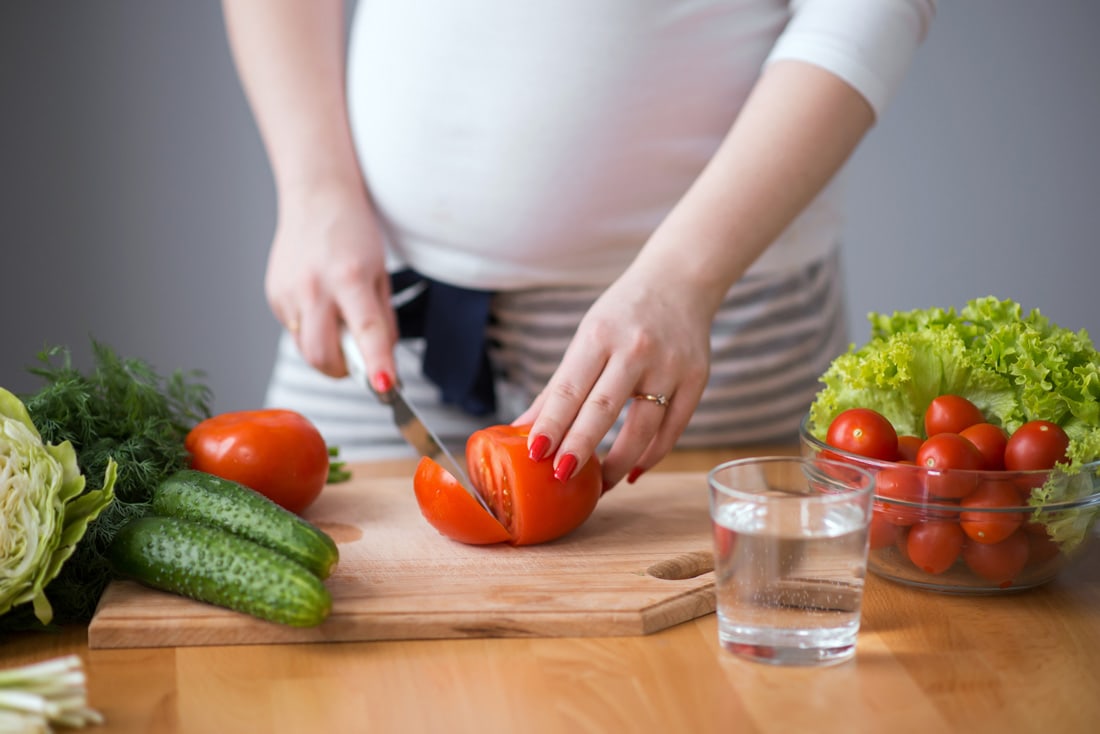For women trying to conceive, making dietary changes can play a crucial role in promoting fertility and supporting a healthy pregnancy. A balanced diet that is rich in essential nutrients can help support the growth and development of a developing embryo, as well as improve a woman’s overall health and well-being.
The importance of a nutrient-dense diet
One of the key factors in promoting fertility is maintaining a diet that is rich in essential vitamins and minerals. Folate, iron, and calcium are just a few of the many nutrients that are critical for a woman’s reproductive health. Folate, for example, plays a crucial role in the formation of the neural tube and the development of the brain and spinal cord. Iron helps to support the growth of the developing fetus and prevent anemia, while calcium is important for the development of strong bones and teeth.
Antioxidants and fertility
In addition to essential nutrients, a diet that is high in antioxidants can also support fertility. Antioxidants are compounds that help to protect the body from damage caused by free radicals, which are unstable molecules that can damage cells and tissues. Antioxidants have been shown to play a role in promoting fertility by reducing oxidative stress and improving blood flow to the reproductive organs. Some of the best food sources of antioxidants include colorful fruits and vegetables, nuts, and whole grains.
Healthy fats and fertility
Healthy fats are another important component of a fertility-boosting diet. Fats play a crucial role in hormone production and regulation, and consuming the right fats can help support fertility. Good sources of healthy fats include avocados, nuts, and olive oil.
Limiting processed foods and refined sugar
While it is important to focus on eating a diet that is rich in essential nutrients and healthy fats, it is also important to limit certain foods that can negatively impact fertility. Processed foods and refined sugars are two of the main culprits. Processed foods are often high in unhealthy fats, salt, and artificial additives, which can disrupt hormone levels and negatively impact fertility. Refined sugars can also have a negative impact on fertility, as they have been linked to insulin resistance, which can interfere with ovulation.
An insight from mamahood
In conclusion, a nutrient-dense diet that is rich in essential vitamins and minerals, antioxidants, and healthy fats and low in processed foods and refined sugars can help support fertility and promote a healthy pregnancy. While the exact dietary needs may vary from woman to woman, making small changes to one’s diet can greatly impact overall health and fertility. It is important to consult with a healthcare provider or a registered dietitian before making any major dietary changes.








